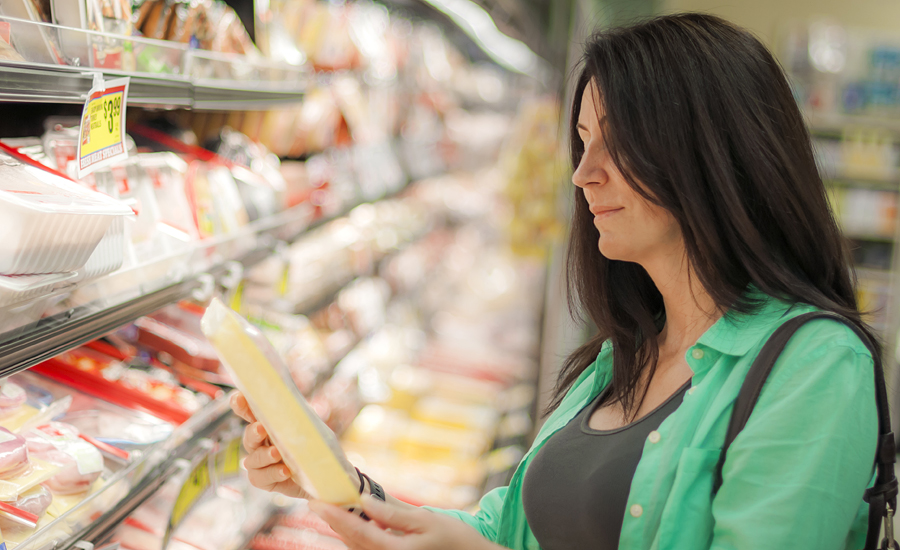Study reveals what products consumers care about when buying local
Millennials say local matters most in the frozen department.

As consumers seek out products that align with their personal beliefs, inspecting labels and assessing product attributes is on the rise. As a result, manufacturers and retailers are amplifying the attributes of their offerings by touting key attributes such as “locally made.”
Even so, buying local had the highest awareness among U.S. consumers, topping the charts at 46%, according to a study produced by Nielsen, Chicago.
Notably, consumers state that some products are local if they come from the same city. In other cases, products can be local within the same state. There are even products that Americans view as local just as long as they come from within the United States. A survey of over 20,000 consumers shows the highest agreement for a local definition was for shelf-stable goods, with 34% of respondents saying products in this category can be local as long as they come from within the United States. The definition even varies significantly among consumers.
Local can also be defined in true miles, given that the size of states and towns vary. Less than 50 miles had the highest consensus among the respondents across all products, but the level of agreement varied from the highest (50%) for bakery and foodservice to the lows (low 20%) for frozen and shelf-stable foods.
What’s more, 58% of consumers stated that buying local produce is important to them, especially when it comes to bakery, eggs and foodservice.
Meanwhile, young families say buying local is extremely important for their deli items, bakery, produce, as well as their shelf-stable and frozen goods. And, Millennials say local matters most in the frozen department.
Looking for a reprint of this article?
From high-res PDFs to custom plaques, order your copy today!






